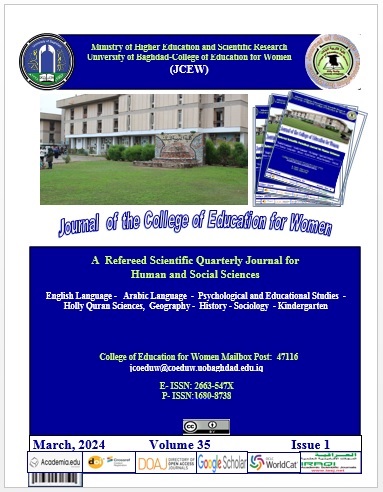A Foucauldian Analysis of Suzanne Collins’ The Hunger Games
DOI:
https://doi.org/10.36231/coedw.v35i1.1719Keywords:
Michel Foucault, Bentham, Panopticon, Discipline, Punishment, Post-truth, TruthAbstract
In his work Discipline and Punish (1995), Michel Foucault applies the concept introduced by Bentham's Panopticon. He argues that the panoptic structure illustrates the connection between an abstract notion like punishment and a tangible reality like the Panopticon. The purpose of punishment becomes more about providing a spectacle for the audience rather than rehabilitating the prisoner, as it primarily aims to deter others. The Hunger Games clearly exemplifies this concept, as the people living in the districts are constantly under careful observation of Panem's political power. Foucault’s power and surveillance create a world that is closely related to Suzanne Collins's The Hunger Games and post-truth discourse. The Hunger Games also intersects with the idea of post-truth discourse, which refers to a political climate where the objective truth becomes irrelevant or manipulated for political gain. It shows that we live in a world that is akin to Bentham's Panopticon, where the truth is completely vanished and replaced by fake information to serve authority`s emotions.
Downloads
Published
Issue
Section
License
![]()
All articles published in Journal of College of Education for Women are licensed under a Creative Commons Attribution 4.0 International License.











